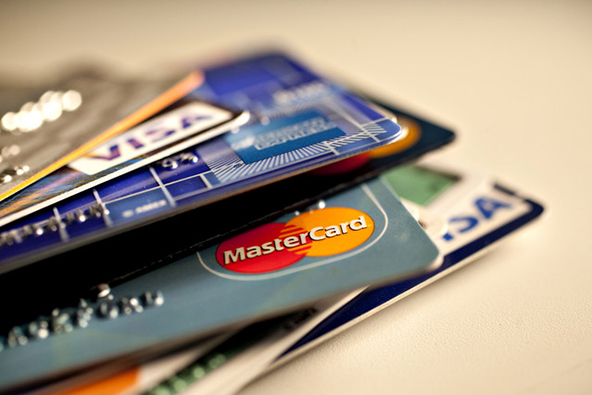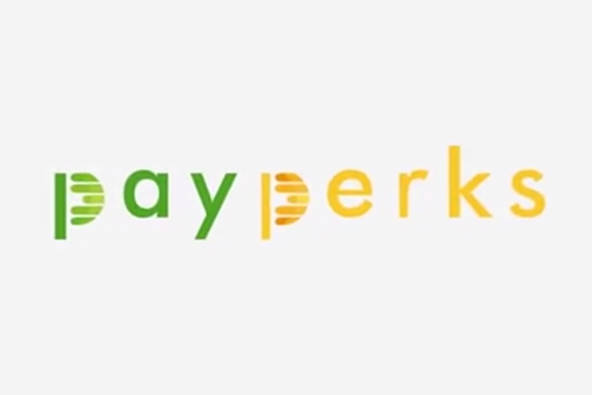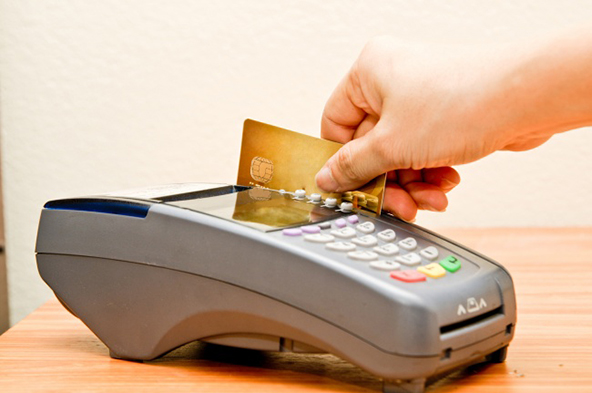Credit Card Factoring

In the Payment Card Industry, factoring occurs when a merchant deposits card transactions with its processing bank on behalf of another merchant. This is against the rules set out in the merchant’s processing agreement and is considered fraudulent activity.
Why is factoring prohibited? There are plenty of reasons why factoring is prohibited, but the biggest one is that the processing bank has not been given the chance to examine and approve the type of card sales processed by the third party. Processors are required to ensure that every merchant whose payments they acquire is a legal entity and complies with applicable industry regulations regarding types of goods and services sold, return, credit and refund policies, etc. For example, a merchant that sells adult products will not be able to get a merchant account with most U.S. processors. To circumvent this hurdle, the merchant may try to use another merchant’s card processing account.
What types of merchants solicit factoring? There are two types of merchants that solicit factoring.
- Low-volume merchants. The first type consists of merchants that do not process payments in sufficient volumes to justify the expenses and time commitment associated with setting up and maintaining a dedicated merchant account.
- High-risk and prohibited merchants. The other type consists of merchants that are either too high-risk to be approved for a U.S.-based merchant account or are involved in some kind of fraudulent activity. Multi-level marketing (MLM) organizations, for examples, find it very hard to set-up a merchant account and have often tried to circumvent the rules. One way such business types have used to try to go around the rules, for example, is to set up a merchant account for an easily-approved type of activity and to then use the merchant account to process MLM-related card payments. Processors have come down hard on such schemes and this is now very difficult to do.
What are the issues involving factoring? The main issue for a merchant with an active merchant account, which a non-authorized entity also uses to process card payments, arises when a customer files a complaint about a product or service sold by the non-authorized merchant. When this happens, the sale will be charged back to the authorized merchant that submitted the sale. This means that the authorized merchant will suffer any losses resulting from sales by the non-authorized entity. Moreover, if any fraud is involved, the authorized merchant could face criminal prosecution.
What are the consequences faced by merchants caught factoring their merchant accounts? In addition to possible criminal prosecution in case of fraud, merchants caught factoring their merchant accounts to third parties will have their merchant accounts terminated for cause and they will be listed on the MATCH file. Additionally, merchants are liable for any financial losses associated with the unauthorized transactions.
There is another type of transactions in the Payment Card Industry that can be referred to as “factoring.” It is the sale by a merchant of future credit card receipts to meet short-term capital needs. This type of factoring is legitimate and many merchants are utilizing it, although it is by far not the most advantageous form of financing.
Image credit: VK.com.


